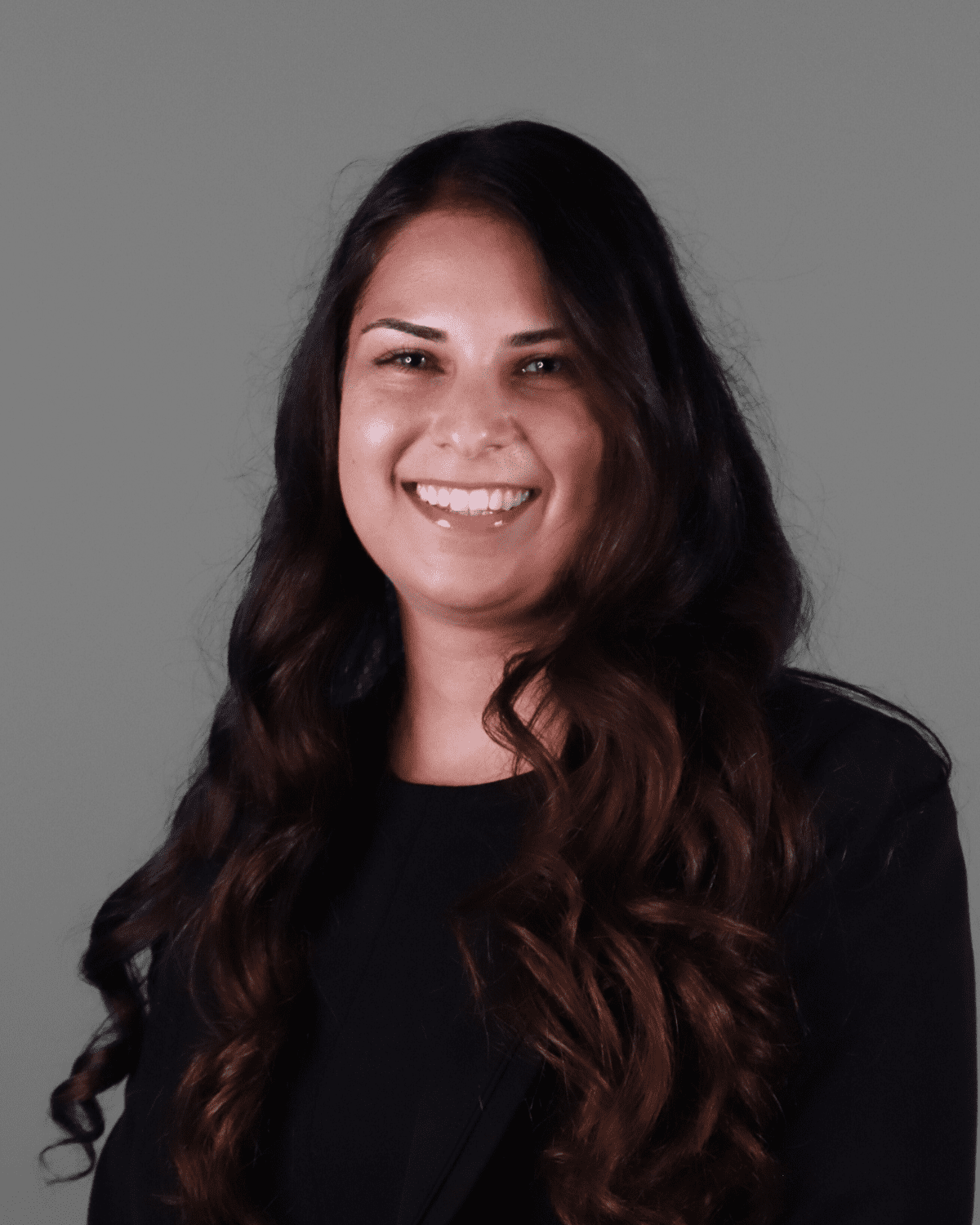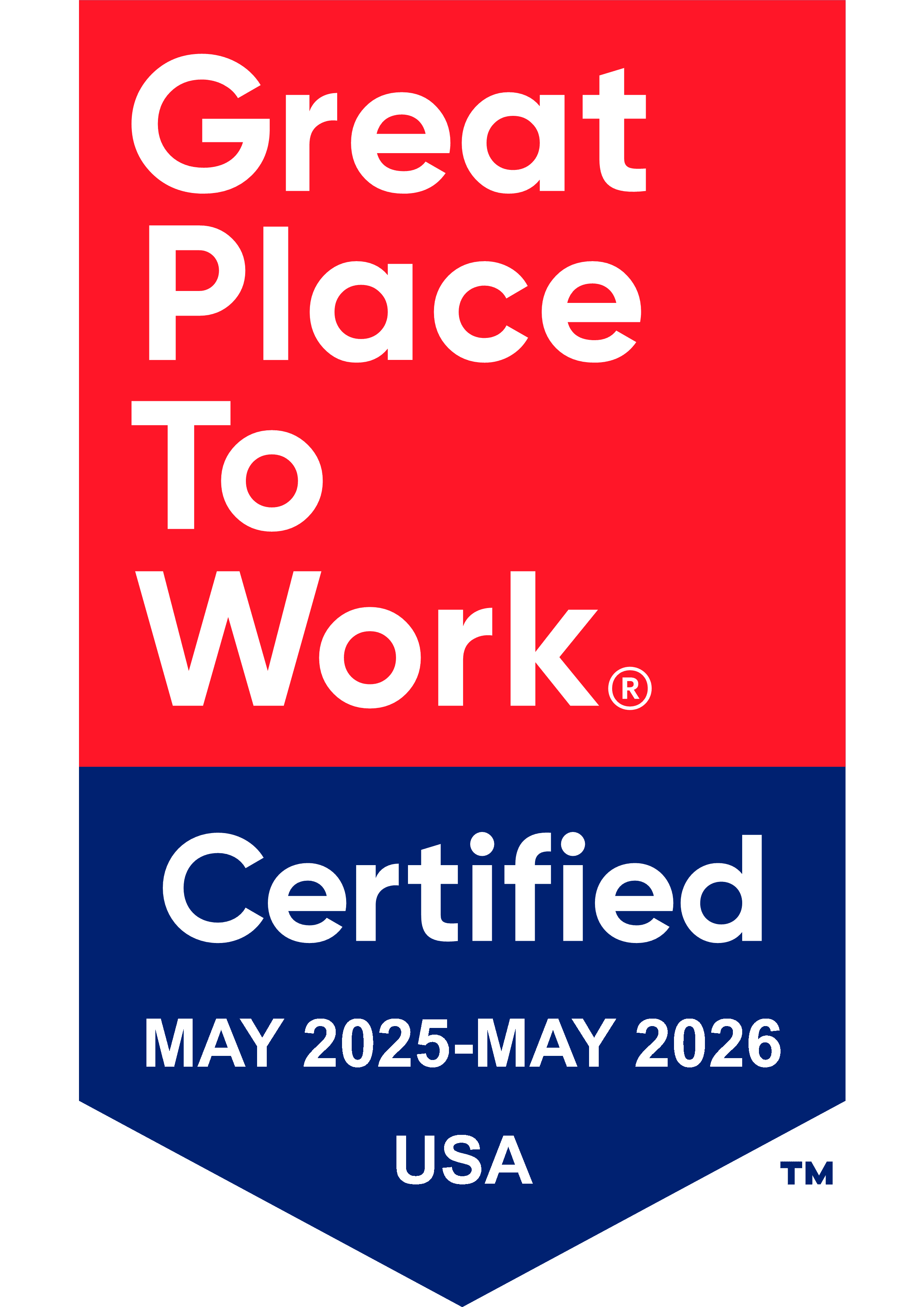The Association of Anti-Drug Abuse Coalitions of the Philippines, Inc. (AADAC), CADCA’s partner in the Philippines and a vital player in the fight against illegal drugs in the country, has successfully established a national network of 42 community coalitions. AADAC has demonstrated exceptional application of CADCA’s model by providing vital technical assistance to coalitions, collaborating with government bodies on policy formulation, resource allocation and scaling up of coalition development, advocating for substance use prevention, and exemplifying a commitment to delivering positive outcomes for drug-free communities in the Philippines through national coalition leadership conferences. As an accredited civil society organization (CSO) partner of the Philippines Department of the Interior and Local Government (DILG), AADAC plays a leading role in shaping anti-drug strategies across the nation, demonstrating a model of multi-sectoral collaboration that extends beyond Philippine borders.
AADAC and the National Anti-Drug Audit
AADAC’s involvement in the Philippine National Anti-Drug Council Functionality Audits showcases its importance at the highest levels of governance. The National Audit Team, which comprises key stakeholders such as the DILG, the Dangerous Drugs Board (DDB), the Philippine Drug Enforcement Agency (PDEA), the Philippine National Police (PNP), and AADAC as the CSO representative, ensures that local governments across the country’s 18 regions are implementing anti-drug strategies effectively. This annual calibration and validation process brings together government agencies and CSOs to strengthen the fight against illegal drugs.
Participating in the National Audit Team allows AADAC to contribute actively to the calibration and implementation of anti-drug policies. Its role is particularly essential in evaluating and ensuring the functionality of Local Government Units’ (LGU) Anti-Drug Abuse Councils (ADACs). Through advocacy work, AADAC helps local coalitions access the resources they need from the national government, including funding and capacity building for drug demand reduction programs.

AADAC joining the calibration of the National Audit Team spearheaded by the DILG.

AADAC as member of the National Audit Team representing the CSO, together with DILG Secretary Benjamin Abalos, DDB Secretary Catalino Cuy, Senator Ronald dela Rosa and PNP representative.
Accreditation with National Government Agencies
AADAC’s relationship with national government agencies further strengthens its impact. In 2019, AADAC was accredited as a CSO partner by the Philippine Drug Enforcement Agency (PDEA), with its role formally recognized as a catalyst for mobilizing citizens against illegal drugs. This accreditation has been renewed, demonstrating AADAC’s continuing relevance and success in promoting its anti-drug advocacy. This long-standing partnership with PDEA gives AADAC a platform to influence anti-drug policies at a national level and mobilize communities to take part in prevention efforts.
During the 2024 MYTI, Asec. Renato Gumban, Chairman of PDEA’s CSO Accreditation Committee, offered AADAC the opportunity to renew its national accreditation with the agency, underscoring the value PDEA places on AADAC’s contributions. This accreditation highlights AADAC’s role in promoting the national anti-drug strategy and sets a precedent for other CSOs to follow suit in the fight against dangerous drugs.

Asec. Renato Gumban at the CND

PDEA at the MYTI
AADAC’s International Reach and Partnerships
While AADAC’s primary focus is on the Philippines, its work has attracted international attention and partnerships. As a member of the Vienna NGO Committee on Narcotic Drugs with consultative status at the Economic and Social Council (ECOSOC), AADAC seizes the opportunity to advocate for the community coalition approach to reduce substance use. Its participation in the 67th Session of the Commission on Narcotic Drugs (CND), for example, enabled AADAC to network with international delegations, thereby broadening its influence beyond national borders.
At this event, AADAC participated in a side event alongside CADCA and the Community Anti-Drug Coalition Association of Brazil, showcasing experiences in scaling up community-based prevention through the coalition strategy. This collaboration has paved the way for partnerships with various organizations from other Southeast Asian countries, such as Singapore and Thailand. Through these alliances, AADAC can exchange best practices, participate in joint efforts, and contribute to the global fight against illegal drugs.


CND side event with CADCA and Brazil, attended by the Philippine delegation and partnering countries in Southeast Asia.
The “Whole-of-Nation” Approach
AADAC’s mantra—“We Come, We Connect, We Collaborate”—is emblematic of its work in the substance prevention field. AADAC believes in a Whole-of-Nation Approach, which underscores the importance of collaboration among all sectors of society, including the public and private sectors, in addressing illegal drugs. Its outreach spans across different sectors, ranging from large institutions to small communities, ensuring that no effort is too insignificant to make a difference.
By forging partnerships with national and local governments, international organizations, and grassroots coalitions, AADAC continues to solidify its reputation as a dynamic leader in the fight against illegal drugs. Their holistic approach ensures that every individual counts in the collective mission to protect the Philippines from the dangers of illegal substances.
Заключение
AADAC’s tireless efforts in collaborating with local and national governments, international organizations, and other CSOs, have established it as a leading force in the Philippines’ fight against illegal drugs. As the country faces ongoing challenges related to drug prevention and demand reduction, AADAC’s role as a catalyst for change remains essential.
Through its accreditation with government agencies like PDEA, participation in national audits, and its involvement in international forums like the CND, AADAC continues to inspire and lead by example. Its vision of a drug-free Philippines reflects its dedication to the cause, its belief in the power of collaboration, and its unwavering commitment to protecting communities from the scourge of dangerous drugs. AADAC strongly believes in the premise that “every individual counts” and the association is ensuring that each individual, coalition, and government unit is part of this crucial effort.


